৬ ফাল্গুন ১৪৩২
SNAP Crisis Deepens: Supreme Court Temporarily Blocks $4 Billion in Assistance
08 November 2025 20:11 PM
NEWS DESK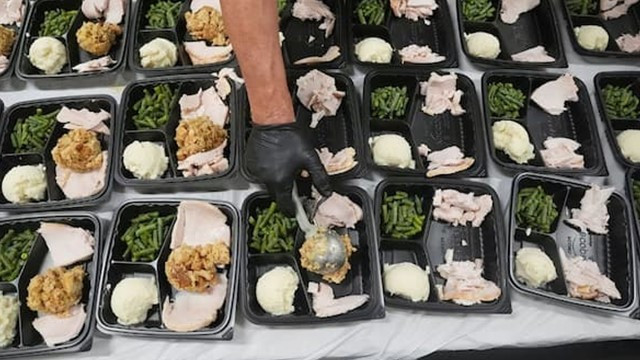
Around 42 million low-income Americans, roughly one in every eight people, rely on the Supplemental Nutrition Assistance Program (SNAP) — commonly known as food stamps. The program costs the U.S. government approximately $9 billion per month.
However, due to the ongoing government shutdown and a shortage of federal funds, the Trump administration announced that it could no longer allocate sufficient resources to sustain the program. Officials sought to temporarily halt the benefits, prompting a series of legal challenges.
Recently, a U.S. District Court ordered the administration to continue SNAP payments, ruling that the suspension would put millions at risk of hunger. But on Friday, the U.S. Supreme Court issued an emergency order siding with the Trump administration, allowing it to temporarily freeze $4 billion (about £3.04 billion) in SNAP funding until further hearings are held.
Judge John McConnell of Rhode Island had sharply criticized the administration a day earlier, accusing it of acting for political reasons by halting food assistance. He warned that the move could push nearly 16 million children into immediate risk of hunger. His court had ordered the government to release all withheld funds, while another court had previously directed partial disbursement.
The legal battle began when the U.S. Department of Agriculture (USDA) announced that, due to insufficient government funding, it would suspend SNAP benefits in November.
Before the Supreme Court’s intervention, the USDA had indicated that it was preparing to comply with lower court rulings and resume payments.
On Friday night, Justice Ketanji Brown Jackson issued an administrative stay, temporarily blocking the lower court’s decision for two days, giving the government time to file a formal appeal.
The dispute over SNAP funding has become one of the most contentious political flashpoints during what has now become the longest government shutdown in U.S. history.
Thousands of federal employees remain unpaid for more than a month, major air travel disruptions have occurred, and Democrats and Republicans continue to struggle to reach an agreement on the federal budget.
While some U.S. states are using local emergency funds to maintain food assistance programs, many have warned that they will no longer be able to continue support without federal funding.







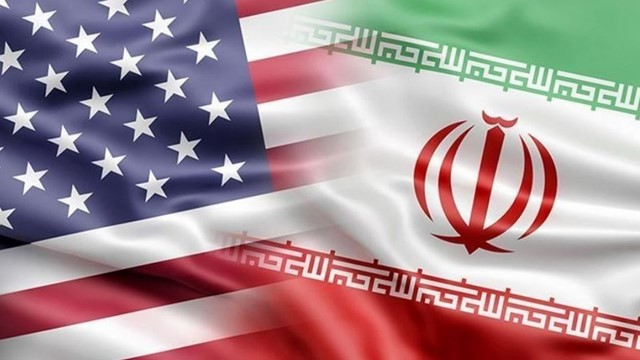
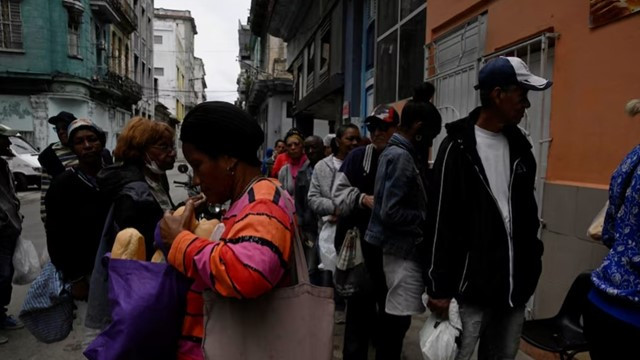


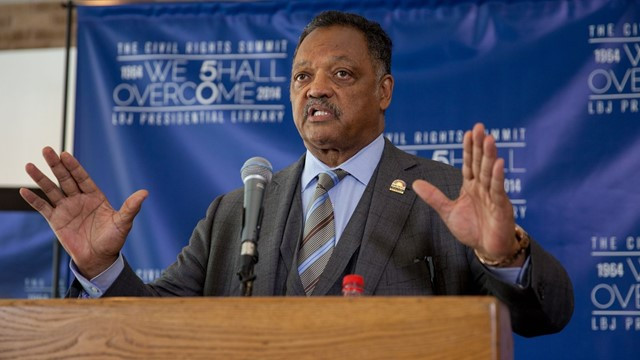

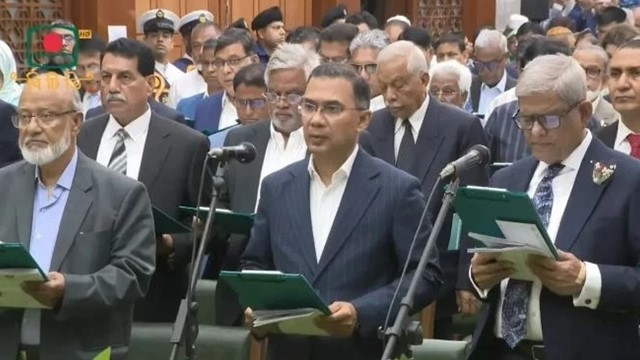


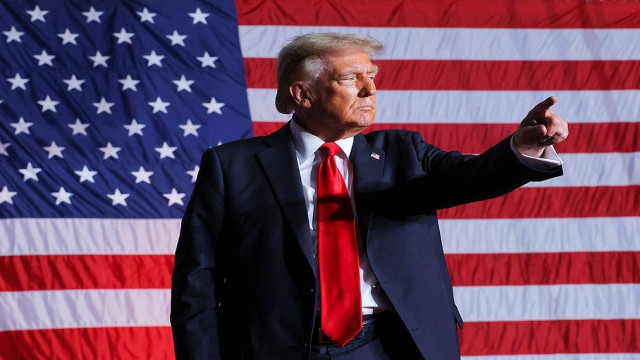

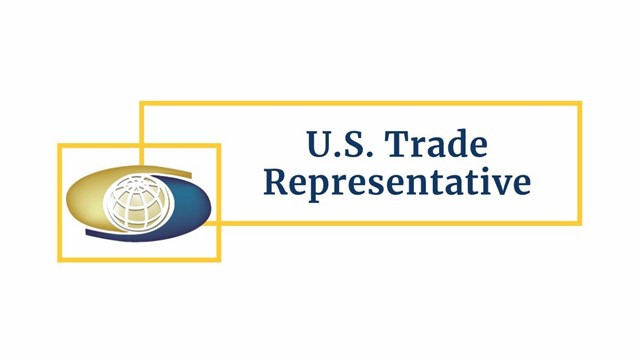
Comments Here: